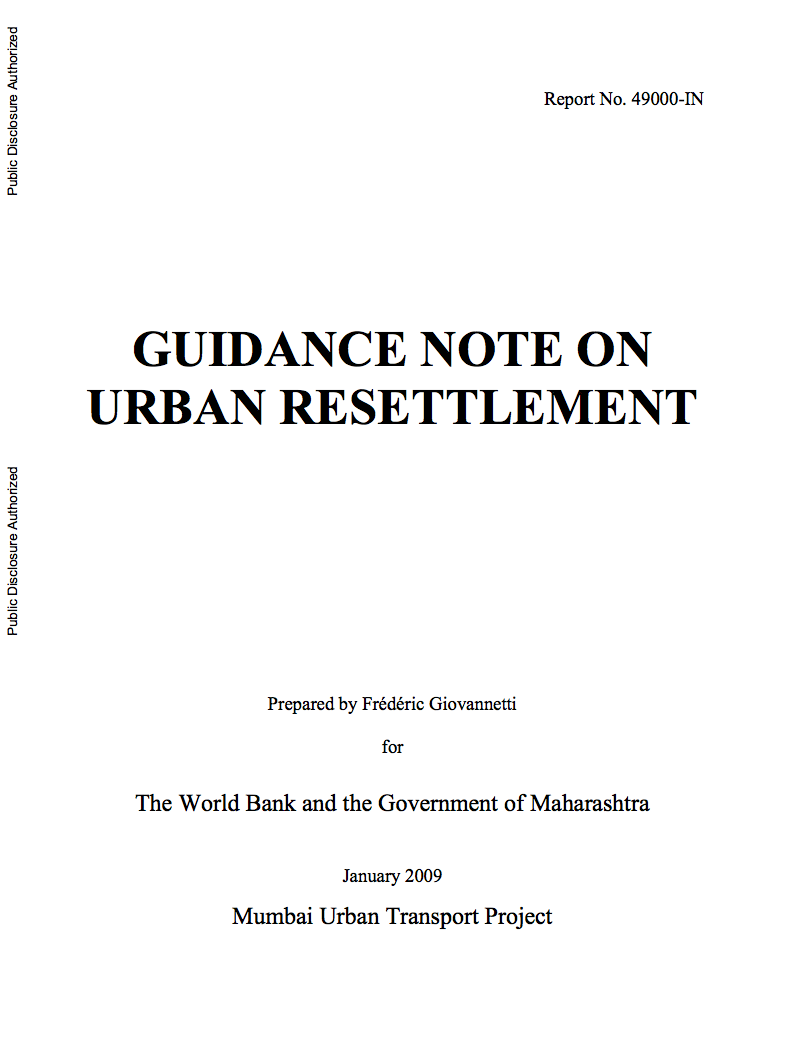Fiscal Health of Selected Indian Cities
This paper provides an overview of the
fiscal problems faced by five urban agglomerations in India,
namely, Delhi, Hyderabad, Kolkata, Chennai, and Pune. It
analyzes the fiscal health of the five urban agglomerations,
quantifies their revenue capacities and expenditure needs,
and draws policy recommendations on the means to reduce the
gaps between revenue raising capacities and expenditure
needs. The main findings suggest that, except for five small


